Gen Z are romanticizing life like they are in an indie movie
When the world feels like it’s falling apart, being a ‘main character’ is Gen Z's way of making sense of things
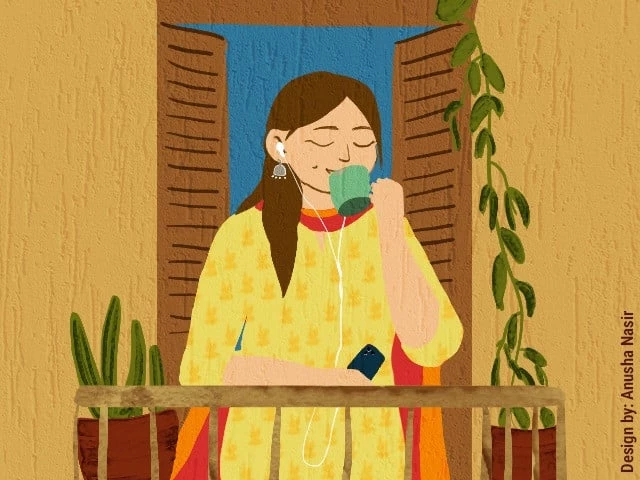
At some point over the last few years, it became normal to narrate your life like a film. You might find yourself sitting by the window on a rainy afternoon, watching droplets race down the glass, convinced you are the lead in a slow-burning indie movie only you can see.
“It gives me something to hold onto,” said Zahra, 23. “Even if it’s just a moment of light or a cup of tea, it feels like I can make it matter.”
The phrase “main character energy” popularized on social media. Videos of ordinary routines, making coffee, tidying rooms, walking through parks, are trending, paired with ambient music and captions urging viewers to “romanticise your life.” Unlike fast, shock-value trends, these clips were deliberately slow, designed to frame the everyday as cinematic.
@phoebegraziaxo Romanticising being on your own at uni is literally the most beautiful thing for your mental health! You and me çan romanticise it together! #aloneatuni#uniislonely#lonelyunistudent#firstyearuniversity#firstyearuniishard
♬ Strangers - Kenya Grace
To older generations, the idea can look self-indulgent or, at least, a little cringe. “For us, meaning came from responsibilities, providing for family, building a home, moving up at work,” said Khalid, 56. “You didn’t always have the chance to pause and notice life. Maybe that’s why it feels unusual to see the young put so much focus on the small things.”
However, younger people see it differently. “What is often dismissed as a Gen Z quirk, another sign of the so-called ‘snowflake’ generation, overlooks the conditions that have made the trend resonate so strongly,” said Dr. Farah, a Karachi-based psychologist who specialises in adolescents and young adults.
Those conditions are far from trivial. Gen Z is entering adulthood in a period shaped by overlapping crises: economic instability, political unrest, climate anxiety, and the pressures of digital life. According to a 2022 Pew Research Center survey, nearly 70% of Gen Z adults described their mental health as either “only fair” or “poor.” The American Psychological Association has repeatedly found they report higher levels of stress than any other generation.
“In that way, narrating your life like a film isn’t indulgence,” said Dr. Farah. “It’s a small way to regain agency when so much feels outside of your control.”
That search for control has been reinforced by the language of therapy culture. With mental health apps, self-care routines, and TikTok therapists entering everyday vocabulary, framing life as a story has become another form of introspection. “These videos aren’t just aesthetic,” said Dr. Farah. “They often work like micro-reflections, encouraging people to notice and name their emotional states.”
The appeal also lies in ownership. Traditional milestones such as stable jobs, home ownership, long-term relationships have become increasingly out of reach, and young people are left looking for meaning in what remains. “By romanticising the present, they can exert control over details others might dismiss,” Dr. Farah said. “It’s not about big achievements,” said Zahra. “Sometimes it’s just deciding that the walk home is worth noticing.”
Reorientation has shaped online aesthetics, too. Where influencer culture once thrived on flawless images and aspirational perfection, this trend embraces unpolished fragments, shaky camera angles, messy rooms, uneven light. “I used to think everything had to look perfect online,” said Mariam, 21. “Now it’s more about whether it feels real to me. It’s less pressure and honestly more freeing.”
But not everyone is convinced by this shift. “We wrote letters or kept photo albums,” said Shahnaz, 61, a retired schoolteacher. “They lasted. Now, it feels like everything is designed to disappear in 24 hours. I worry they’ll look back and realise so much of their life was made for their social media and not real eyes.”
Gen Z, however, often describes the same practice as preservation rather than loss. In a digital environment where content vanishes as quickly as it appears, filming ordinary life becomes a kind of archive. “I like that I can look back and remember exactly what I was feeling,” Zahra said. “It’s like keeping a diary, only it doesn’t feel like homework, and many times, it is for my own eyes.”
Even here, psychologists warn of risks. Some caution that curating every moment can blur the line between presence and performance. “There’s a risk of slipping into constant self-surveillance,” Dr. Farah said. “But even then, it comes from a desire to make sense of time, not to waste it.”
What may look trivial from the outside is simply a generational divide over how to make sense of confusing times. In a world where everything demands urgency, Gen Z has found a way to slow down even if it means turning a walk to class into a movie scene no one else is watching.

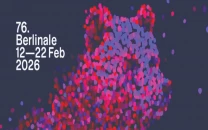
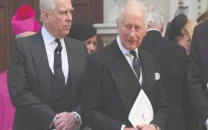
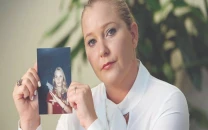
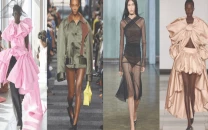














COMMENTS
Comments are moderated and generally will be posted if they are on-topic and not abusive.
For more information, please see our Comments FAQ